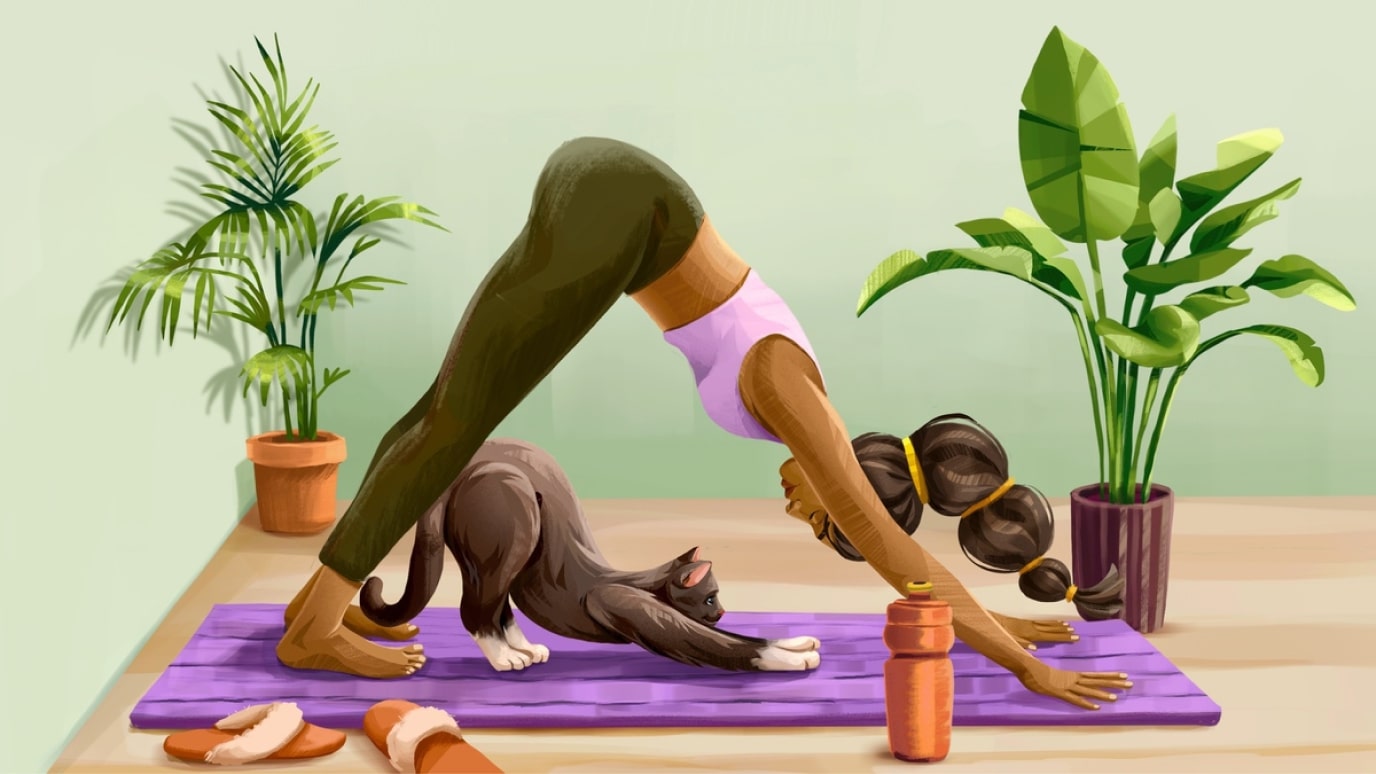The second method that helps me SO MUCH for Deep Work is the "Just Get Started" exercise in the Deep Work habit. It's ready, set, go, and just grab ANYTHING to do! It's only for a few minutes, so I feel that it doesn't matter if I don't wind up moving my projects along. But I almost always get inspired and work longer than those few minutes; and it always helps to clear my head. And getting even a little bit done helps me feel less stressed about the rest!
2. Deep work sessions should be focused on things that push your brain to work harder– stuff you cannot do well if you are distracted. Stuff that creates new value and that grows your individual skill. Stuff that makes you uniquely irreplaceable. Do not do mundane things that you could do distracted or that do not demand your absolute concentration.
For example, are you trying to finish a project, write a book, finish an art piece, solve a scientific problem or answer a fundamental question that requires a lot of your brain power and concentration? This is what you put aside for deep work sessions. Make sure that you have set aside a comfortable and distraction-free time and place for deep work sessions
3. Think of your goals: annual or quarterly or five year goals. Focus your deep work sessions on achieving these. Achieving a goal usually takes many small steps.
Choose a specific goal and Make your earliest deep work sessions about breaking down your goal into smaller tasks until you have bite-sized tasks that you can break down into daily specifics.
This way, your next several deep work sessions will have tasks already defined clearly and you will spend less time deciding on what to use your sessions for.
4. Look up Cal Newport's book Deep Work and the many easy summaries on YouTube and other platforms.
Success!
I don't know what you should do, But yes I can tell you what I do is.
I choose the task which I love to do, So there is no much efforts to do that. And since I love that task, i can concentrate on that.
Eg. I love Reading books, so that is my first task to do.
Focus on your To Do List / Top 3
Write a letter to yourself, partner or close friend
By shifting focus you will find focus
• Urgent & Important or
(work that must get done as a matter of urgency & has a high impact)
• Not urgent & important
(This is capacity building work).
The above should also be work that you “get your teeth into” & can complete in the time frame you set for yourself …
Avoid …
• emails, WhatsApp’s, phone calls, Facebook, other time wasting social media distractions & any “bitty” work that you can batch & complete as one batch of many small items …
I think it's making the choice and doing the work that is the important thing.
There is always more work.
It's being into the work that makes me feel good.
